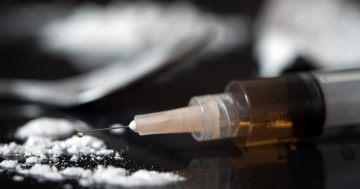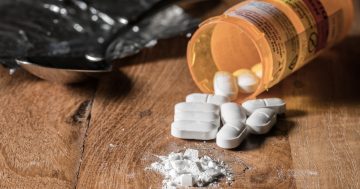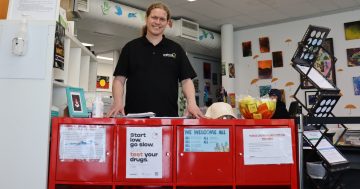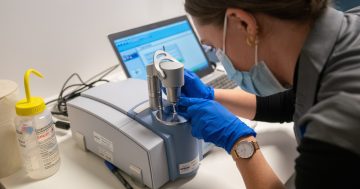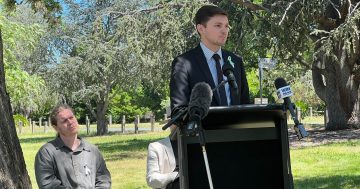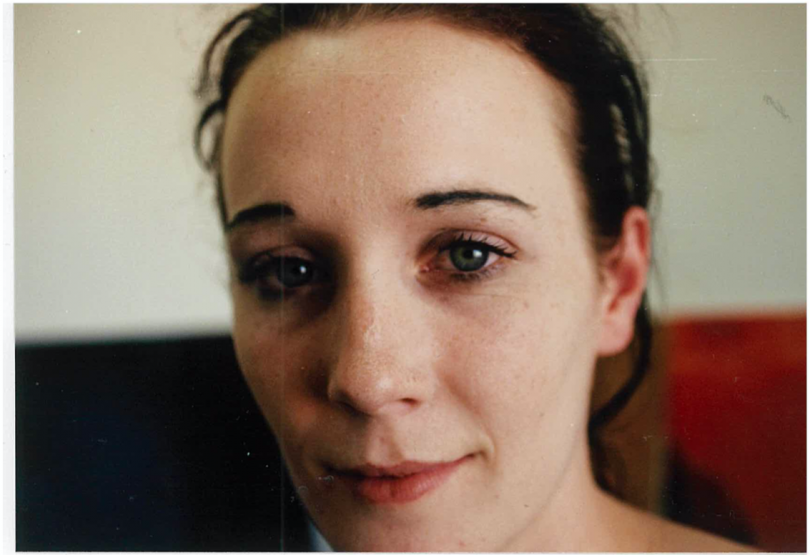
Jan Lee says Neri’s life would have much different had she been suffering from addiction in 2019 rather than 1999. Photos: Supplied.
Addicted to heroin and having turned to prostitution to raise money for drugs, Neri Bubb saw no other way out than to take her own life. She was 21-years-old.
Twenty years later, Neri’s mum, Jan Lee, says things could have been a lot different if Neri had been suffering from addiction in 2019 rather than 1999.
“Maybe help would have been different now or maybe I would just know where to look for it better. Talking 25 years ago, attitudes have changed quite a lot and a lot of social attitudes have changed,” Jan told Region Media.
“At that time it was ‘drugs are bad’ kind of thing, but now people are aware that socially, people take drugs and it might be easier to get help now.”
Jan’s assertion is supported by the new National Drug Strategy Household Survey which was undertaken by the Australian Institute of Health and Welfare (AIHW) in 2019 and will be released today (16 July).
For the most part, the recent use of illegal drugs (in the last 12 months) has increased since 2016, but so has the public’s attitude towards harm minimisation strategies like supervised pill-testing sites and safe injecting rooms.
In 2019, more than 40 per cent of Australians had used an illegal drug in their lifetime and one in six had used one in the last 12 months.
Additionally, while the Territory has seen an increase in cannabis, ecstasy and methylamphetamine use since 2016, usage rates for these drugs have dropped significantly since 2001.
Daily tobacco use has also fallen dramatically since 2001, reducing from 18 per cent to 8 per cent in 2019.
However, cocaine use almost doubled in the ACT in the three years to 2019.
The survey found 57 per cent of Australians supported pill testing (around one-quarter opposed) while 47 per cent supported supervised drug consumption rooms (around one-third opposed).
In the ACT, support for pill testing was as high as 70 per cent while 55 per cent of people supported drug consumption in supervised facilities.
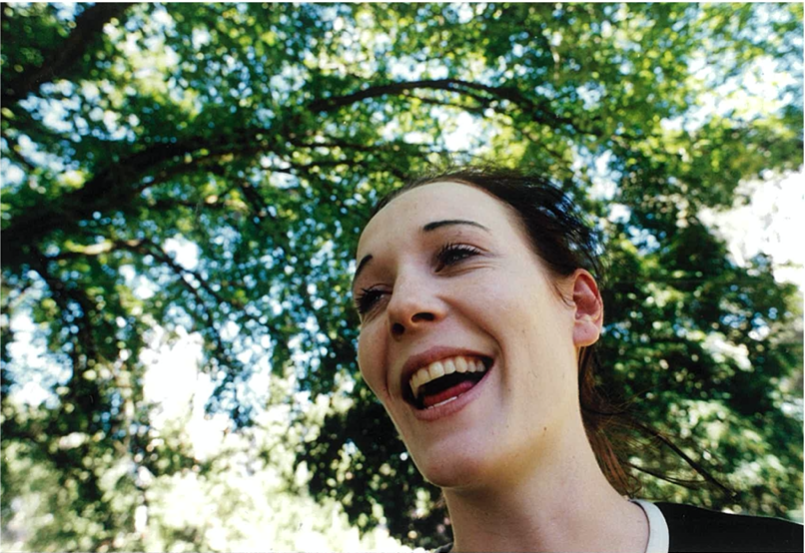
Neri wrote in her journal: “half the almost suicidal stuff I did in order to get heroin was more dangerous than the actual heroin … or the people I’d find myself ripping off as casually as all hell.”
Safe-injecting rooms and the decriminalisation of harmful drugs could have been the difference between life and death if Neri had different options two decades ago, Jan said.
“Most dealers become dealers to support their drug habits … so if you can make access to drugs more available instead of imprisoning them, you could avoid making the situation worse,” Jan said.
“COVID points it out: if you have a problem, anyway that is going to minimise harm is the best outcome.
“Because we recognise harm minimisation in the midst of a pandemic, if drugs are a pandemic then surely minimising the harm due to drugs is good as well. Certainly, if you make them uncool and minimise the harm by making them more available you do not have to deal with drug dealers.”
Neri’s anecdotal experiences about buying drugs and dealing with the effects of the withdrawal, written in her journal, revealed the dangers of using and obtaining drugs.
The journal details the frequency of her and her friends “dropping” (passing out) while on heroin and the anger when paramedics attended for episodes Neri and her friends considered not to be serious, and a distrust of paramedics and authorities which often led to addicts being abandoned when situations became dire.
One entry reads:
None of us really notices when Nathan then falls asleep on the bed, until about five minutes later when he starts gurgling and turning blue.
Matt, being the kindly and helpful chap that he is, grabs his gear, jumps up and runs for it, with the parting comment, ‘Call an ambulance – I’m outa here’.
That leaves Jenny and I alone in the flat with a half-dead Nathan.
Criminalisation and the potential of arrest and jail time often trumped calling paramedics or emergency personnel because drugs would be on-scene.
Neri wrote:
Desperation has marvelous powers of motivation. You don’t get to just lie in bed and be sick for that 14 hours. No, you have to get up and walk and beg and walk and steal.
But it’s interesting that half the almost suicidal stuff I did in order to get heroin was more dangerous than the actual heroin … or the people I’d find myself ripping off as casually as all hell.
The full drug survey findings and Territory breakdown can be found on the AIHW website at aihw.gov.au.













